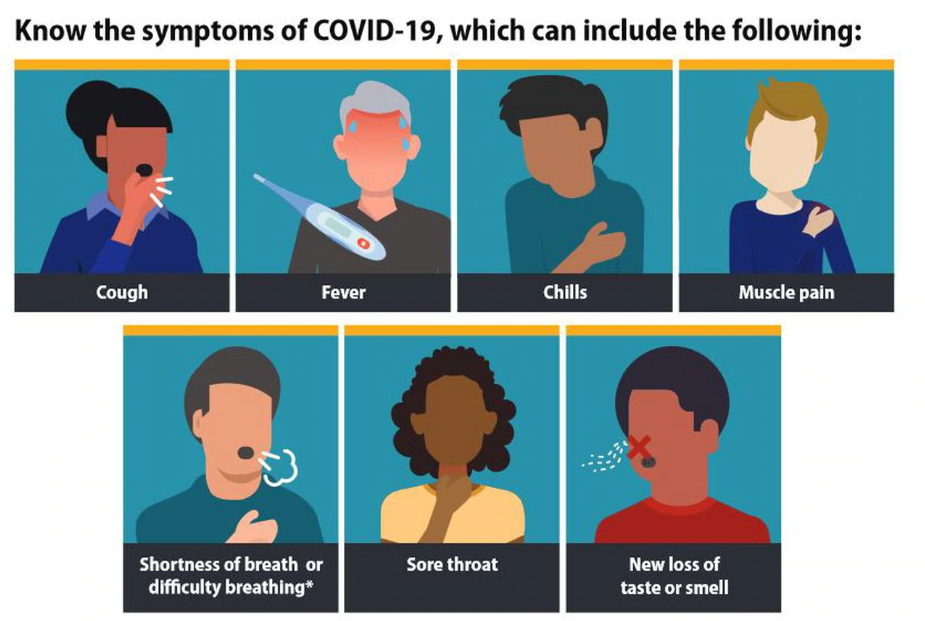Discover the Incredible Health Benefits of Seafood


Seafood is a great source of protein, vitamins, minerals, and healthy fats. It is a staple food in many cultures around the world and has been consumed for centuries. Seafood has numerous benefits that make it an essential part of a healthy diet.
Contents
Heart Health
Seafood, particularly fatty fish like salmon, tuna, and mackerel, is a rich source of omega-3 fatty acids. These fatty acids can help to reduce inflammation, lower blood pressure, and decrease the risk of heart disease. Omega-3 fatty acids can also help to reduce the risk of heart attack and stroke.
Studies have found that consuming omega-3 fatty acids can reduce the risk of heart disease by up to 30%. The American Heart Association recommends that adults eat two servings of fatty fish per week to help reduce the risk of heart disease.
Brain Health
The omega-3 fatty acids in seafood also play an important role in brain health. These fats are important for the development and maintenance of brain cells, and they can help to improve cognitive function and reduce the risk of dementia.
Studies have found that consuming omega-3 fatty acids can improve memory, attention, and problem-solving skills. The fats can also help to reduce the risk of Alzheimer’s disease and other forms of dementia.
One study found that people who consumed fish once a week had a 60% lower risk of developing Alzheimer’s disease compared to those who rarely or never ate fish.
Eye Health
Seafood is a rich source of two important nutrients for eye health: omega-3 fatty acids and vitamin A. Omega-3 fatty acids are important for the development and maintenance of the retina, the part of the eye that is responsible for vision. Vitamin A is essential for healthy vision, and it can help to prevent age-related macular degeneration, a leading cause of blindness in older adults.
Studies have found that consuming omega-3 fatty acids can reduce the risk of age-related macular degeneration by up to 42%. Eating seafood regularly can also help to prevent other eye conditions, such as cataracts.
Strong Bones
Seafood is a good source of calcium and vitamin D, two nutrients that are essential for strong bones. Calcium is important for building and maintaining strong bones, while vitamin D is essential for the absorption of calcium.
Eating seafood regularly can help to prevent osteoporosis and other bone-related diseases. One study found that women who consumed fish regularly had higher bone mineral density and a lower risk of hip fractures compared to those who rarely ate fish.
Healthy Skin
Seafood is also rich in vitamins A and E, which are important for healthy skin. Vitamin A can help to reduce inflammation and improve skin elasticity, while vitamin E can protect against sun damage and other environmental stressors.
Omega-3 fatty acids in seafood can also help to reduce inflammation, which can improve skin health. Studies have found that consuming omega-3 fatty acids can help to reduce symptoms of acne, psoriasis, and other skin conditions.
Weight Loss
Seafood is low in calories and high in protein, making it a great food for weight loss. Eating seafood can help to reduce appetite, increase feelings of fullness, and boost metabolism.
One study found that people who consumed fish regularly had lower body mass indexes and waist circumferences compared to those who rarely ate fish. Eating seafood can also help to reduce the risk of obesity and related health problems, such as diabetes and heart disease.
Improved Mood
Some studies suggest that consuming seafood may help to improve mood and reduce the risk of depression. Omega-3 fatty acids play an important role in brain function and may help to regulate mood.
Studies have found that people who consume more omega-3 fatty acids have a lower risk of depression and are less likely to experience symptoms of depression.
Additionally, some studies have suggested that consuming seafood may help to improve symptoms of anxiety and other mood disorders.
Pregnancy and Fetal Development
Seafood is an excellent food choice for pregnant women as it is a rich source of nutrients that are important for fetal development. Omega-3 fatty acids, in particular, are important for the development of the fetal brain and eyes.
Studies have found that consuming seafood during pregnancy can help to improve fetal growth and development, reduce the risk of preterm birth, and may even boost intelligence.
It is important to note, however, that some types of seafood may contain high levels of mercury, which can be harmful to fetal development. Pregnant women should avoid eating high-mercury seafood, such as shark, swordfish, king mackerel, and tilefish.
5 Best Seafood Restaurants in Dallas Texas – Must Try in 2023
Conclusion
Seafood is an incredibly nutritious food that offers a wide range of health advantages. From improved heart health to enhanced brain function and fetal development, consuming seafood regularly can help to reduce the risk of many chronic diseases and improve overall well being.
Seafood restaurants offer a wide variety of dishes, including grilled fish, seafood stews and soups, and sushi. They use fresh, high-quality ingredients and prepare their dishes with care and attention to details.
In summary, consuming seafood is a great way to improve your health, and dining at the best seafood restaurant can make for an enjoyable and delicious meal. So why not treat yourself to a delicious seafood dinner and enjoy all the benefits that this nutritious food has to offer!









